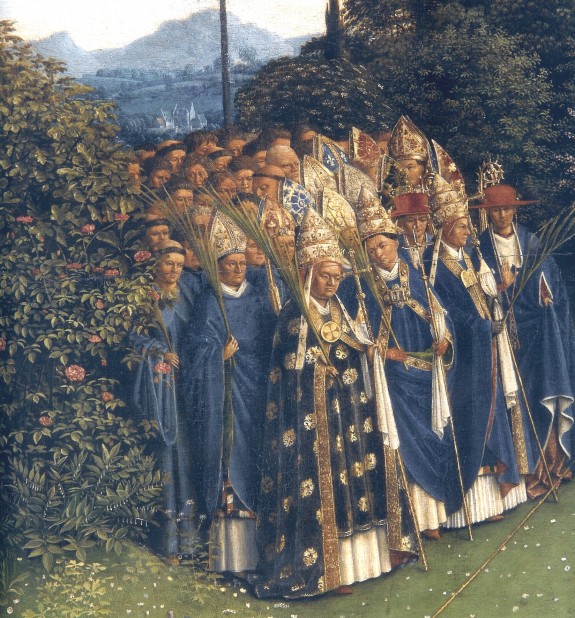But the clergy are still held in higher esteem than journalists.
The perceived contribution of the clergy varies widely across religious groups. White evangelical Protestants are especially positive in their assessments; roughly half (52%) say clergy contribute a lot to society. Hispanic Catholics are less glowing; about three-in-ten (28%) say that clergy contribute a lot to society.
As expected, U.S. adults who have no religious affiliation are less likely to see the clergy as contributing to society. A fifth of the unaffiliated say clergy contribute a lot, while 39% say clergy make some contribution and 31% of the unaffiliated say clergy contribute not very much or nothing at all to society.
Those who attend worship services more frequently are more positive about the clergy. Among adults who attend services at least weekly, about half (52%) say the clergy contribute a lot to the well-being of society. This compares with about three-in-ten (29%) among those who attend services less often.
This pattern holds among most religious groups that are sufficiently large to be analyzed separately. White evangelical Protestants, white mainline Protestants, white (non-Hispanic) Catholics and black Protestants who attend services weekly express more positive views of the clergy than do members of each religious group who attend services less often. The exception is Hispanic Catholics; there is little difference between the views of Hispanic Catholics who attend church weekly and those who attend less often. In addition, Hispanic Catholics are less likely than other major U.S. religious groups to express an opinion about the contribution of clergy to society.
The decline in public views about journalists’ contribution to society since 2009 is more pronounced among women than men. Roughly three-in-ten women (29%) say journalists contribute a lot to society’s well-being, down 17 percentage points from 46% in 2009. Men’s views on this are about the same today as they were in 2009.The decline in the perceived contribution of journalists cuts across partisan leanings, age and education level. Democrats and Democratic-leaning independents as well as Republicans and Republican-leaning independents all are less likely to say journalists contribute a lot to society’s well-being today (down 8 points among Republicans/leaning Republicans and 10 points among Democrats/leaning Democrats).












